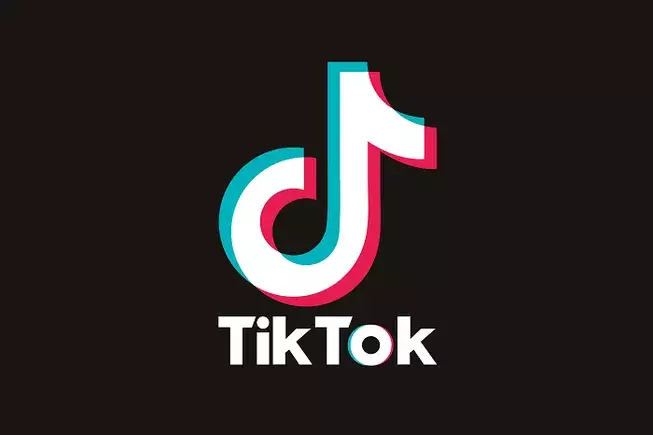The popular social media platform TikTok has found itself in perilous waters in the United States, with a looming deadline that threatens its operations. The app, which boasts approximately 170 million American users, is facing a potential ban as a result of previous government decisions spurred by national security concerns. However, recent developments indicate that the Trump administration may be attempting to secure a future for the app, thereby overturning the decisions that initially put it at risk.
In 2020, amidst escalating tensions between the U.S. and China, then-President Donald Trump sought to force a sell-off of TikTok’s American operations. His stance was largely driven by allegations that the app posed security threats due to its Chinese ownership. A proposed deal with Oracle and Walmart was floated, suggesting an alignment with American interests and a path toward ensuring the app’s longevity in the U.S. market. However, following the transition to the Biden administration, this initiative lost momentum, allowing TikTok to continue operating under its original ownership.
Now, with Trump back on the political stage as President-elect, he is expressing a newfound willingness to negotiate a resolution that keeps TikTok thriving in America. This posture may signal a change in his strategy—a notable departure from the aggressive tactics once deployed against the platform.
In a move that underscores his commitment to preserving TikTok for U.S. users, Trump’s transition team has filed an amicus brief urging the Supreme Court to delay the implementation of the proposed ban. This brief is part of a larger strategy to utilize Trump’s “deal-making expertise” to orchestrate a plan that could satisfy both the U.S. government’s security concerns and the interests of TikTok’s user base.
The brief articulates a strong argument centered on free speech, asserting that the platform plays an essential role in facilitating communication and expression for millions of Americans. Trump’s transition team emphasizes the notion that the President has a unique ability to advocate for these users because of his substantial following on the app—14.7 million users—as well as his extensive experience with social media.
Trump’s legal maneuver isn’t just about TikTok; it represents a broader narrative about his return to power and his intentions moving forward. The implications of his potential policies could echo through the halls of Washington and resonate strongly with American voters, especially those who feel an attachment to the platform. By positioning himself as a guardian of free expression, Trump appears to be framing the debate in a way that could garner support among users and non-users alike.
However, the timing is critical. The Supreme Court is slated to hear TikTok’s appeal on January 10th, and the outcome of this appeal could significantly shape the future of the platform. A favorable ruling for Trump would enable a reprieve for TikTok, potentially allowing more time for negotiations that could lead to an alternative arrangement—bringing about a compromise that appeases all involved stakeholders.
Despite these optimistic developments, questions remain about the specifics of Trump’s plan. There is limited clarity on how exactly he intends to broker this deal, and skepticism abounds regarding the effectiveness of any agreement reached under such high-stakes conditions. Will he revisit the Oracle/Walmart proposal, or does he have another undisclosed strategy in mind? The absence of detailed disclosure raises concerns about the feasibility of his plans and whether they can adequately address the complex security issues intertwined with the app’s operations.
As time ticks down, Trump’s ability to assert his influence and negotiate effectively will be pivotal. The clock is ticking towards the deadline, and while Trump’s efforts might bring hope to many TikTok users, the ultimate resolution remains shrouded in uncertainty. One thing is clear: the intersection of social media, politics, and national security remains a contentious battleground, and TikTok’s fate may very well be determined by the unfolding dynamics within this landscape.


Leave a Reply